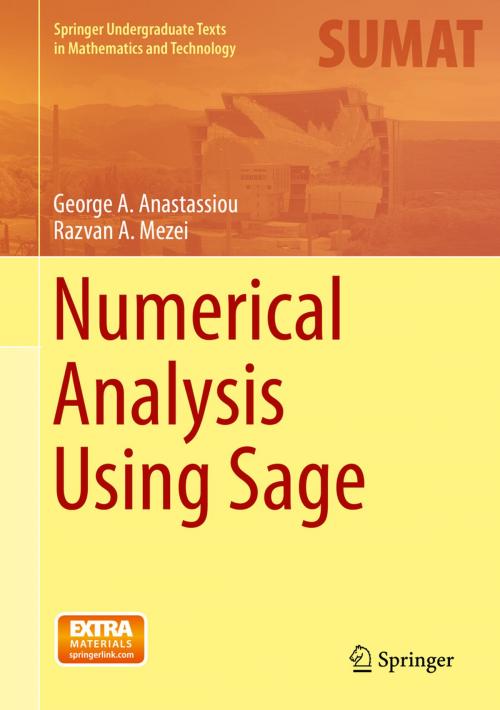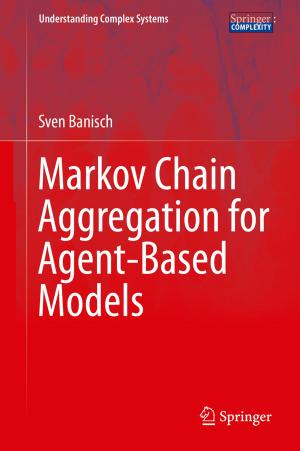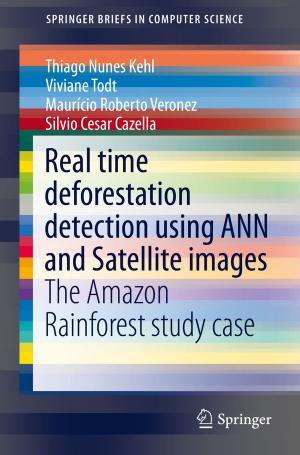Numerical Analysis Using Sage
Nonfiction, Science & Nature, Mathematics, Number Systems, Computers, Application Software| Author: | Razvan A. Mezei, George A. Anastassiou | ISBN: | 9783319167398 |
| Publisher: | Springer International Publishing | Publication: | April 11, 2015 |
| Imprint: | Springer | Language: | English |
| Author: | Razvan A. Mezei, George A. Anastassiou |
| ISBN: | 9783319167398 |
| Publisher: | Springer International Publishing |
| Publication: | April 11, 2015 |
| Imprint: | Springer |
| Language: | English |
This is the first numerical analysis text to use Sage for the implementation of algorithms and can be used in a one-semester course for undergraduates in mathematics, math education, computer science/information technology, engineering, and physical sciences. The primary aim of this text is to simplify understanding of the theories and ideas from a numerical analysis/numerical methods course via a modern programming language like Sage. Aside from the presentation of fundamental theoretical notions of numerical analysis throughout the text, each chapter concludes with several exercises that are oriented to real-world application. Answers may be verified using Sage.
The presented code, written in core components of Sage, are backward compatible, i.e., easily applicable to other software systems such as Mathematica®. Sage is open source software and uses Python-like syntax. Previous Python programming experience is not a requirement for the reader, though familiarity with any programming language is a plus. Moreover, the code can be written using any web browser and is therefore useful with Laptops, Tablets, iPhones, Smartphones, etc. All Sage code that is presented in the text is openly available on SpringerLink.com.
This is the first numerical analysis text to use Sage for the implementation of algorithms and can be used in a one-semester course for undergraduates in mathematics, math education, computer science/information technology, engineering, and physical sciences. The primary aim of this text is to simplify understanding of the theories and ideas from a numerical analysis/numerical methods course via a modern programming language like Sage. Aside from the presentation of fundamental theoretical notions of numerical analysis throughout the text, each chapter concludes with several exercises that are oriented to real-world application. Answers may be verified using Sage.
The presented code, written in core components of Sage, are backward compatible, i.e., easily applicable to other software systems such as Mathematica®. Sage is open source software and uses Python-like syntax. Previous Python programming experience is not a requirement for the reader, though familiarity with any programming language is a plus. Moreover, the code can be written using any web browser and is therefore useful with Laptops, Tablets, iPhones, Smartphones, etc. All Sage code that is presented in the text is openly available on SpringerLink.com.















